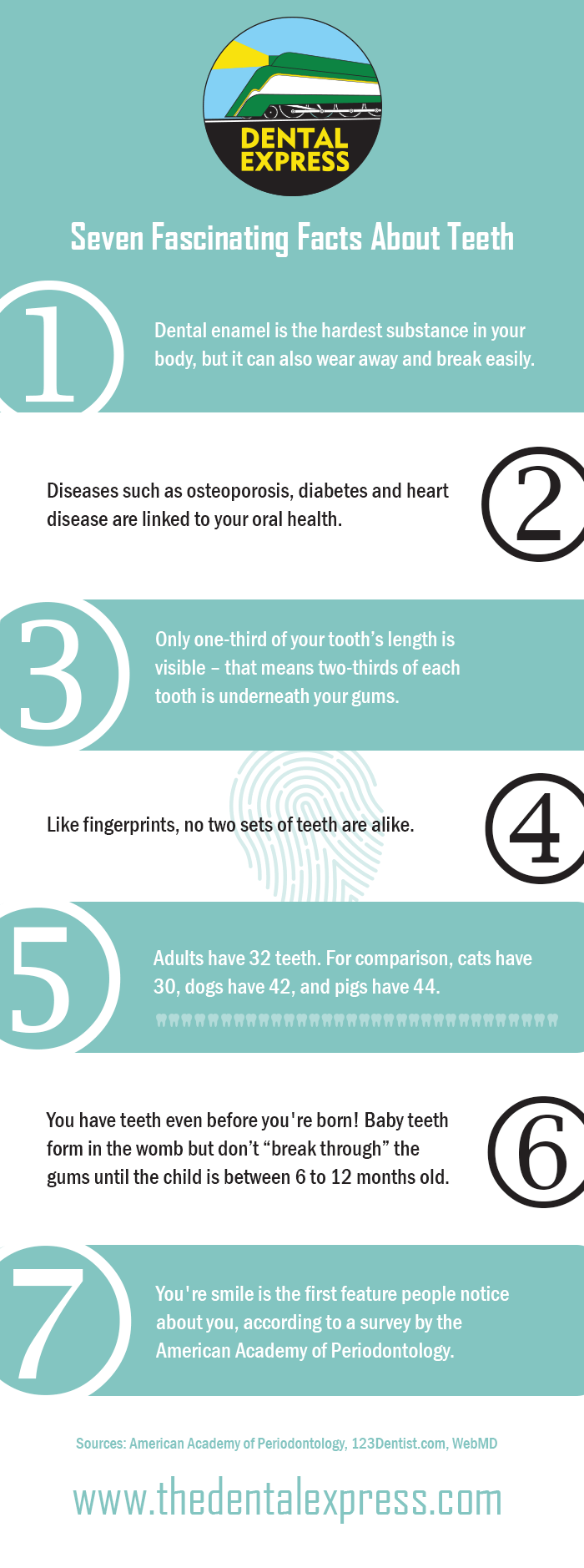
Your Child’s First Dental Visit: What You Should Know: There are several memorable milestones in a child’s life: the first words, the first steps and the first tooth … which means the first trip to the dentist. Getting your child ready for the dentist can be a daunting task, and to some, it seems unimportant. After all, the child is going to lose the “baby teeth” anyway. So how important is a first trip to a dentist? Very important.
Baby Teeth Set The Stage
Baby teeth are so crucial that the American Academy of Pediatric Dentistry suggests that children should see a pediatric dentist when their first tooth appears and no later than their first birthday. Decay in baby teeth can increase the risk of decay in permanent teeth, and baby teeth help form a path that permanent teeth will follow. No one wants to have an unpleasant experience at the dental office. At Dental Express, we offer the convenience of being able to care for your entire family—our dental professionals specialize in treating both adults and children, so we are sensitive to the needs and concerns of our younger patients.
Tips For Your Child’s First Dental Visit
By making your child’s first trip to the dentist a positive one, you set the stage for a lifetime of good dental health. Here are some tips to help prepare your child for his or her first dental checkup:
- Provide a list of any medical conditions your child has or any medication he or she may be taking.
- Find an age-appropriate manner to explain to your child what is going to happen at the dentist’s office. This may involve finger puppets or colorful characters such as the “mouth monsters” that can be found here.
- Practice brushing your child’s teeth. Not only will this help establish good dental habits, but it will get your child used to the feel of a toothbrush in his or her mouth.
- Introduce your child to the dentist on the first visit. It may help for the dentist to show the tools that will be used.
- Bring a security blanket or a favorite toy to help your child feel more comfortable.
- Sometimes letting the child see and hear certain dental tools before a cleaning can be helpful, particularly if these tools–such as the suction cup/ spitting cup and rotary toothbrush—make loud noises.
- Reward good behavior by allowing the child to get a small prize from a grab bag.
- We have found that children (and adults!) enjoy looking at the trains in our waiting areas. Visiting the office before your actual appointment can help introduce the child to a new building with new sights, sounds and smells, therefore reducing anxiety before the actual appointment.
If you have questions about children’s dentistry or how to prepare your child for his or her first checkup, feel free to speak with us! We have provided dental care for entire families. We are happy to work with parents to ensure a positive experience and to help you teach your child about the importance of good dental hygiene.
Sources: American Academy of Pediatric Dentistry “FAQ: America’s Pediatric Dentists” Fox, Isadora. Parents Magazine. “First Trip to the Dentist.” American Academy of Pediatric Dentistry “Mouth Monsters“


